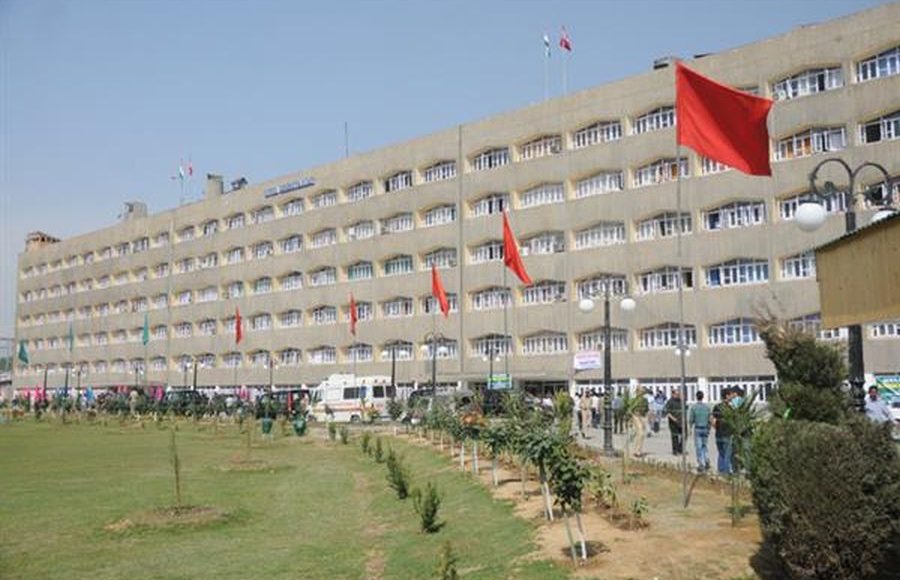
After a four-year silence, a prominent government employees’ body in Jammu Kashmir has called on the newly elected Omar Abdullah government to revisit the cases of over 70 employees dismissed “unilaterally” by the Lieutenant Governor (LG) administration since 2021, Deccan Herald reported.
These dismissals were executed under allegations of terrorism, raising concerns about due process and fairness.
The terminations occurred following the revocation of Jammu Kashmir’s special status in August 2019 and its division into two Union Territories.
The administration invoked Article 311(2)(c) of the Constitution, which allows for the dismissal of employees without an inquiry if “the President or the Governor is satisfied that in the interest of the security of the state, it is not expedient to hold such inquiry.”
Speaking at a press conference, Aijaz Khan, president of the Employees Joint Consultative Committee (EJCC), emphasized the need for justice.
“These terminated employees were not given a chance to defend themselves. We urge the Chief Minister to reinstate them on priority,” he stated.
However, Khan also clarified their position: “We do not support anti-national elements. But we are certain that some of these terminations were unjust and need urgent review.”
The call for action comes as the new government aims to rebuild trust and address pressing issues in the region.
Since 2021, the J&K administration has terminated 74 government employees in the name of state security, with no inquiries conducted or defenses allowed. Among those dismissed, 67 are from the Kashmir Valley and seven from the Jammu region, including three women—two teachers and a civil servant married to a former JKLF commander.
In many of these cases, the authorities cited past involvement in protests or stone pelting, or merely familial ties to militants from decades ago, as justifications for the terminations. “In each instance, the decisions seem to lack transparency and fairness,” Khan added.
The growing calls for a review underscore a broader demand for accountability and equitable governance in the region as the terminated employees await a commitment to justice from their newly elected leaders.




